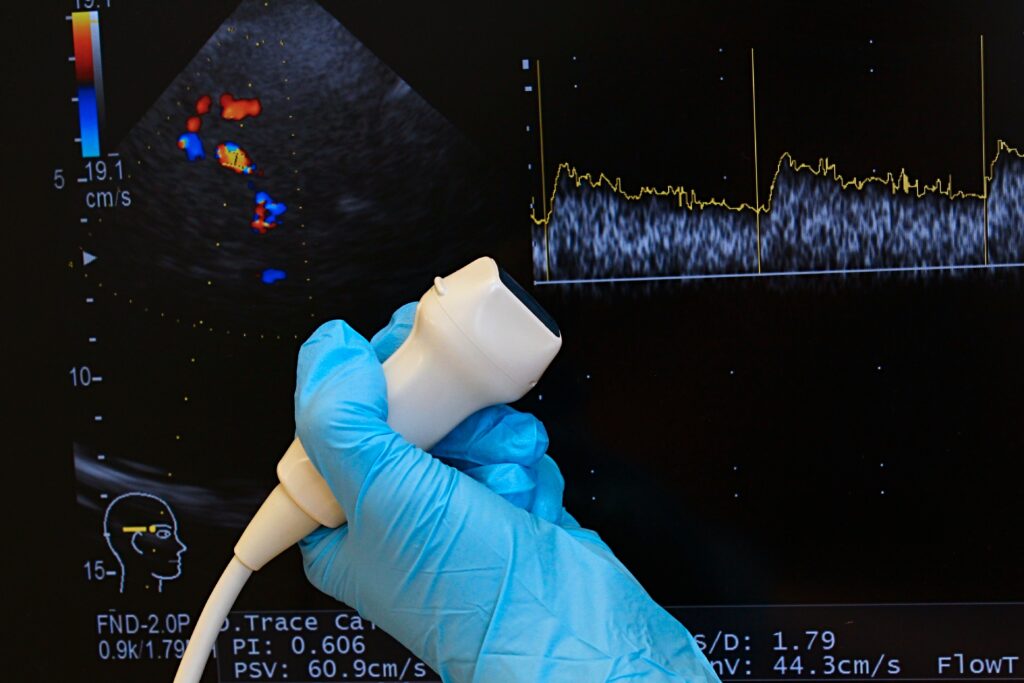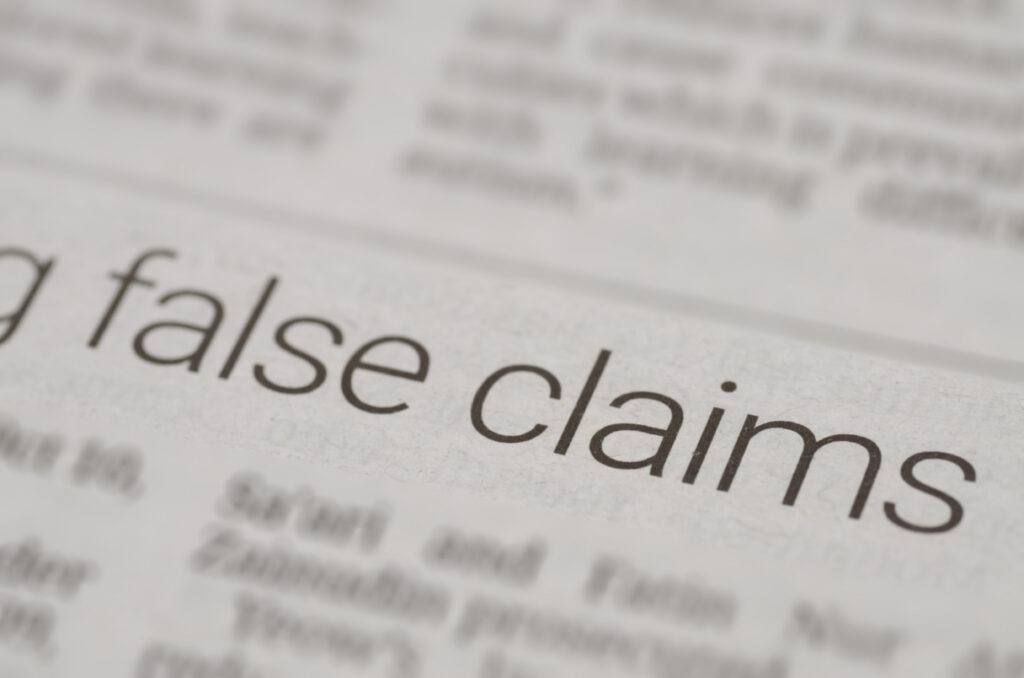At the intersection of FCA and consumer fraud
The Growing Problem of Scammers Targeting Medicare Beneficiaries
Scammers targeting American seniors is hardly a new phenomenon. Recent alerts from the Department of Justice and statements during recent Congressional testimony suggest that the problem has dramatically expanded in recent years. And the primary target now appears to be Medicare, rather than those seniors themselves.
Early this year news broke of a potentially massive fraud involving claims from medical equipment companies for catheters. The National Association of ACOs, a healthcare organization that helped identify this fraud, estimated that at least $2.8 billion in Medicare claims in 2023 were from catheters, a dramatic increase from prior years. Many beneficiaries have reported seeing catheter claims listed on their Medicare EOB forms, despite having never needed or ordered such items.
This, in turn, has prompted a consumer alert from the Department of Health and Human Services. As noted in that alert, many of these scams begin with efforts to solicit a beneficiary’s personal information, often through targeted, misleading ads and marketing designed to convince the beneficiaries that they are entitled to free items of services if they just confirm their enrollment information. From there, the scammers use that personal information to order medical items covered by Medicare that are unnecessary, and often never provided at all.
This catheter scheme comes just a few years after a similar scheme was uncovered involving orthotic back braces, a scheme described at the time as one of the largest frauds federal law enforcement had ever investigated. Twenty-four individuals were ultimately charged, and the federal government estimated its losses at over $1.2 billion.
Medicare-focused scams are attractive to fraudsters precisely because their primary target is not the individual beneficiary. Individuals are likely to notice much faster when money is taken from their own accounts. In contrast, an unfamiliar entry on an EOB may not generate the same concern and may not even be noticed for months after the fact, if it ever is.
The rise of these Medicare focused consumer scams highlights precisely why public-private partnerships such as whistleblower suits under the FCA are such a critical tool. As fraudsters become ever more sophisticated in their schemes to defraud both the government and ordinary citizens, public-private collaboration is the best means to ensure that the government has the information it needs to quicky and effectively respond to these schemes as they emerge.




